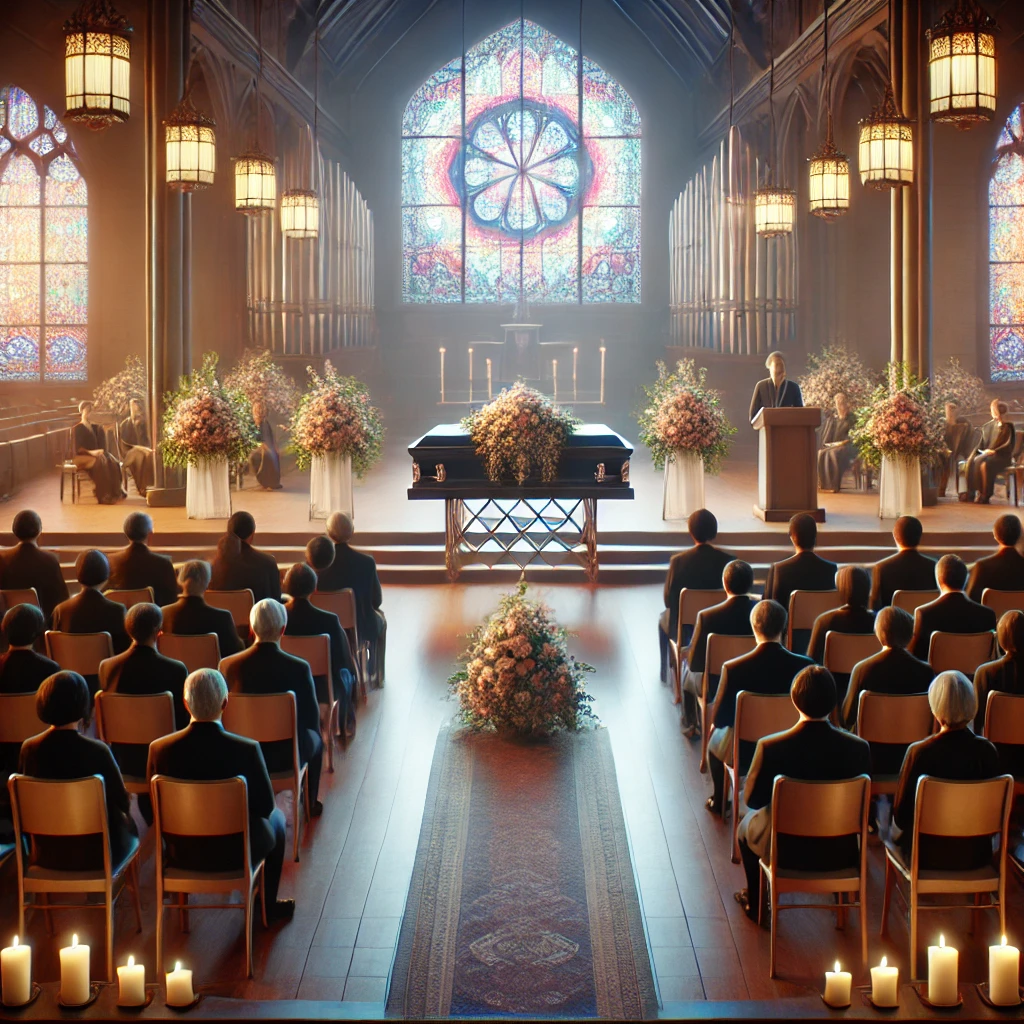A funeral director plays an essential role in helping families navigate the difficult process of saying goodbye to their loved ones. From arranging services to handling the legal and logistical aspects of a funeral, they provide vital support during one of life’s most challenging moments.
Core Responsibilities of a Funeral Director
Funeral directors wear many hats, but their primary responsibility is to help families plan a meaningful and respectful farewell for the deceased. This begins with coordinating with the family to arrange the funeral service. Whether a family opts for a traditional burial or cremation, the funeral director helps them make decisions about everything from the type of service to the music and floral arrangements. They work closely with clergy, celebrants, and funeral home staff to ensure everything goes smoothly on the day of the service.
In addition to organizing the service itself, funeral directors handle the preparation of the body. This can include embalming, dressing, and placing the deceased in a casket, or preparing the body for cremation. Funeral directors ensure the body is treated with dignity throughout the process.
Logistical tasks are another important part of the job. Funeral directors arrange transportation for the body, file necessary legal documents, and coordinate with cemeteries or crematories. They often serve as a liaison between the family and other entities, such as hospitals, medical examiners, and insurance companies.
Equally important is the emotional support funeral directors provide. Families often face overwhelming grief, and funeral directors offer compassion and guidance. Their calm presence helps families navigate difficult decisions and ensures that every detail is addressed in a timely and professional manner.
How Many Funeral Directors Work in the U.S. and Canada?
According to the U.S. Bureau of Labor Statistics, there are around 31,600 funeral directors working in the United States as of recent data. In Canada, estimates show approximately 4,000 funeral directors across the country. These professionals are spread across urban and rural areas, with some managing large funeral homes in cities and others operating smaller, family-owned funeral services in local communities.
The demand for funeral directors remains steady, although the rise in cremation and alternative funeral services has shifted the industry’s focus. In both countries, the profession is expected to evolve as families’ preferences for end-of-life services change.
Education and Training Requirements for Funeral Directors
Becoming a funeral director requires a blend of formal education and hands-on training. In both the U.S. and Canada, aspiring funeral directors must typically complete a program in mortuary science or funeral service. These programs, which can range from associate’s to bachelor’s degrees, cover a variety of subjects, including embalming, ethics, grief counseling, and funeral service law. Many programs also offer specialized courses in the business side of funeral service, helping students understand how to run a funeral home.
In addition to formal education, most regions require funeral directors to complete an apprenticeship under the supervision of an experienced professional. Apprenticeships generally last one to two years, providing valuable hands-on experience in all aspects of the job.
Once education and apprenticeship requirements are completed, funeral directors must obtain a license to practice. Licensing requirements vary by state in the U.S. and by province in Canada, but they typically include passing an exam and maintaining continuing education credits throughout one’s career.
Funeral Director Salaries in the U.S. and Canada
Salaries for funeral directors vary depending on location, experience, and the size of the funeral home they work for. In the U.S., the median salary for funeral directors is approximately $58,000 per year, according to recent data from the Bureau of Labor Statistics. However, in states with high demand or higher living costs, such as California and New York, funeral directors can earn over $80,000 annually. Smaller towns and rural areas may see lower salaries, reflecting local demand and cost of living.
In Canada, the average salary for funeral directors hovers around CAD $55,000 per year, though this can vary significantly by province. Directors in larger cities like Toronto or Vancouver may earn more, while those in rural areas may earn less. Experience, ownership of the funeral home, and the scope of services provided also influence earning potential.
Why Do People Choose Careers as Funeral Directors?
Choosing to become a funeral director is often a deeply personal decision, motivated by various factors. For many, it’s a career rooted in a desire to help others during their most difficult moments. Funeral directors provide crucial support to families grappling with loss, helping them navigate the practical and emotional complexities of planning a funeral. This sense of purpose and the ability to make a meaningful difference in people’s lives draws many to the profession.
Some individuals are inspired to follow in the footsteps of family members who have owned and operated funeral homes for generations. In these cases, becoming a funeral director is not just a career choice but a way to continue a family legacy of service to the community.
Others are drawn to the profession because of a personal connection to loss. Having experienced the death of a loved one, they may feel a calling to provide the same comfort and care that they received during their time of grief.
For those who are detail-oriented and able to balance emotional sensitivity with practical responsibilities, funeral service can be a rewarding profession. The work requires emotional resilience, as funeral directors are constantly confronted with grief and loss. However, for many, the rewards of helping families in need far outweigh the challenges.
Challenges and Rewards of Being a Funeral Director
Being a funeral director is not without its challenges. The job requires long hours, including nights and weekends, and directors are often on call to respond to sudden deaths. The emotional weight of the job can also be demanding, as funeral directors must support grieving families while managing their own feelings of sadness or stress.
Despite these challenges, many funeral directors find great fulfillment in their work. They play an essential role in their communities, helping families honor their loved ones with dignity and care. The opportunity to provide comfort and guidance during such a pivotal time can be incredibly rewarding, making it a profession that offers both personal and professional satisfaction.







